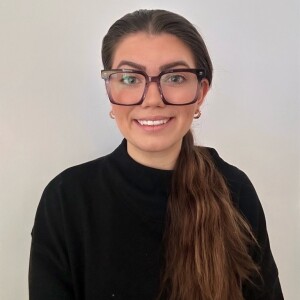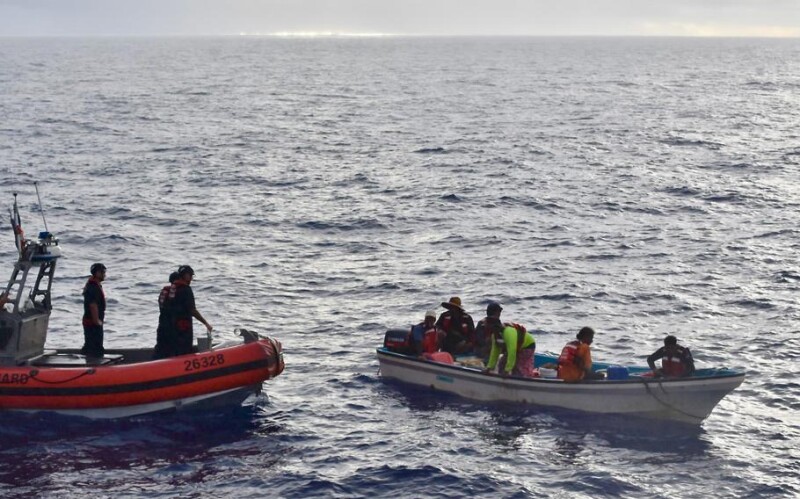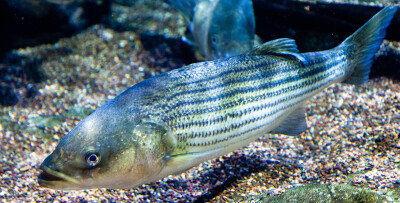Six fishermen were rescued, and their disabled vessel was towed to Satawal Atoll in the Federated States of Micronesia (FSM) after a coordinated search by international operations. The United States Coast Guard, one of the crews involved in the rescue efforts, has written statements about the importance of a personal locator beacon (PLB) within the commercial fishing community in the U.S. and beyond.
“This operation underscores the vital importance of PLBs in maritime safety. By quickly alerting us to the fishermen’s location, the PLB effectively took the ‘search’ out of ‘search and rescue’ by narrowing the search area significantly and allowing us to focus on the swift recovery of the vessel,” stated Cmdr. Patton Epperson is the search and rescue coordinator for the case.
The focus on PLBs was only part of what the Coast Guard wrote in statements; they also highlighted the strength of regional partnerships and the profound impact of technology within the fishing industry. The six fishermen were about 30 miles north of Satawal Atoll, an island in a scattered area called the Caroline Islands. The engine on the vessel had failed, and the PLB notified Coast Guard Sector Guam around 9 a.m. on August 17.
The U.S. Coast Guard Oliver Henry was on patrol about 270 miles northeast of the fishermen’s location, as was a Panamanian-flagged cargo vessel about 160 miles north of the disabled boat. Through low visibility and thunderstorms, the two vessels reached the 22-foot fiberglass boat, which was 20 miles off from Satawal at around 3 a.m. The fishermen were all in good health.
PLBs are vital safety equipment used by the U.S. Coast Guard and are part of a broader category of emergency beacons that transmit a frequency monitored by NOAA and are used by numerous counties and organizations.
Coast Guard Sector Guam’s spokeswoman Sara Muir told sources, “For some, the cost of a PLB may not be realistic, and as such, we wholeheartedly endorse these programs popping up around the Pacific islands, where one entity is holding and registering PLBs and lending them out,” Muir told Stars and Stripes by email Monday. “This also encourages boaters to provide details on their plans to someone on shore, which can also aid us in finding them.”







